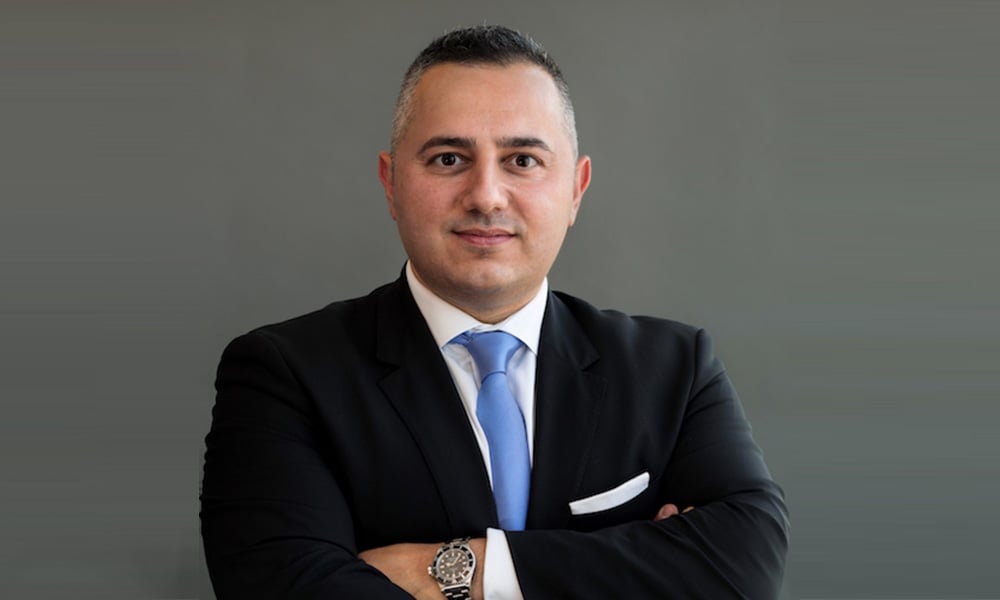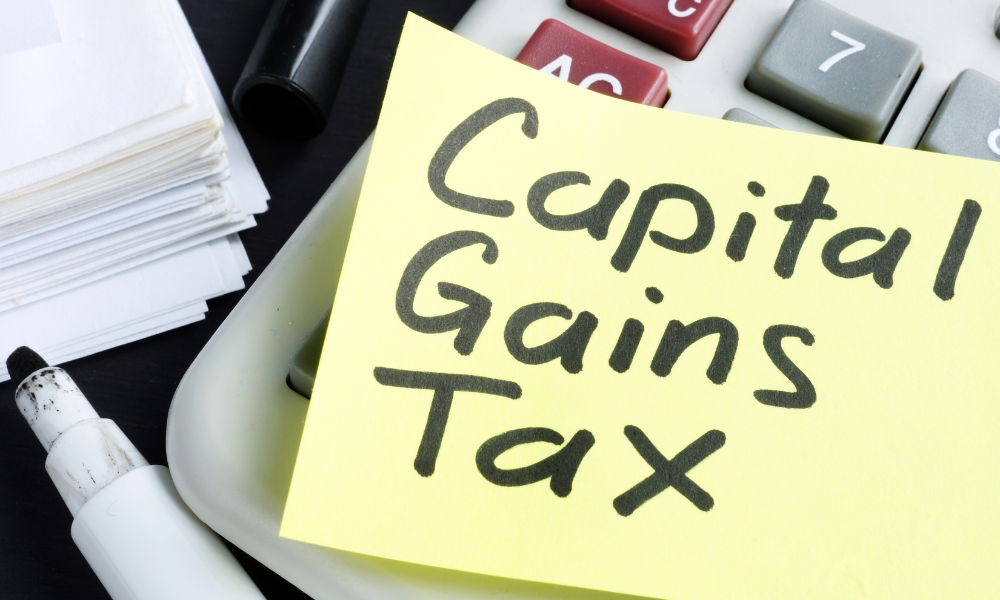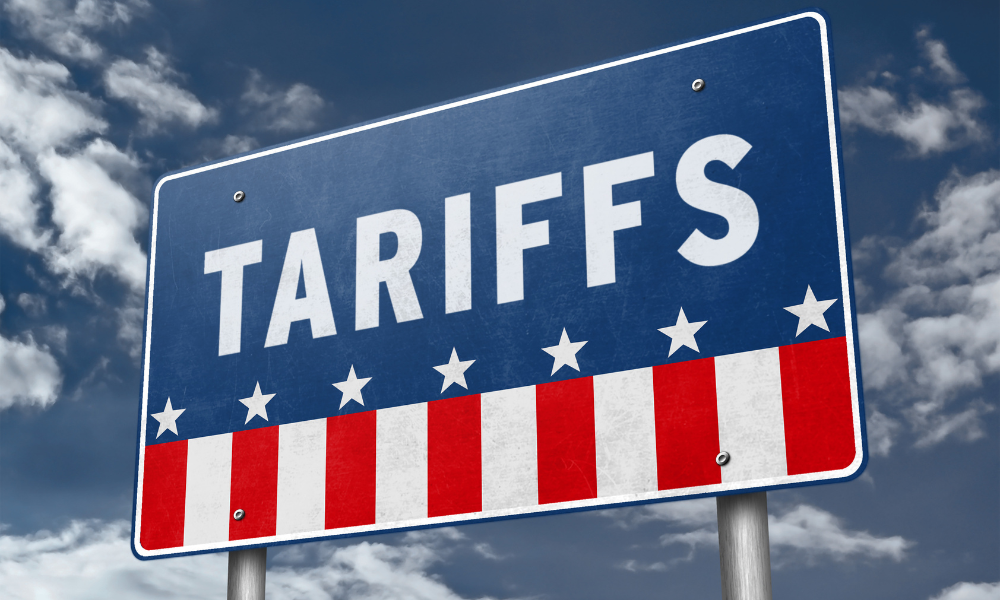Elie Nour of Nour Private Wealth shares how a disciplined investing approach bears fruit during times of crisis

“We started this year in a very defensive position, safer than we have ever been.”
That’s what Elie Nour, CEO of Nour Private Wealth, had to say about the asset allocation he and his team had in place for their clients’ portfolios right before the COVID-19 crisis hit.
The road to safety
Earlier in 2018, the firm had dialed down the weighting in fixed-income in anticipation that the Federal Reserve and the Bank of Canada would be raising the interest rates gradually. As things started turning in 2019, they started locking in profits, gliding to a higher stock-to-bond ratio of 35/65 by the end of the year.
“In December we asked, what can we expect from 2020?” Nour said. “Keeping in mind that it's an election year in the United States, the S&P 500 had given over the past 60 years a positive return in 14 out of 16 presidential elections, or 87.5% of the time, with an average return of 9.8%. However, the year 2019 was ending with the S&P 500 at 21.6x trailing earnings as the index returned nearly 29% in USD (price return) in a flat earnings environment. While this trend may continue, it is rare. Using several measures, we expected the S&P 500 earnings to be flat to negative throughout the first half of the year.”
With those and other factors in mind, the firm arrived at their 2020 base case: mid- to high-single-digit returns for equity, and between 4% and 6% for their bond allocation. They also expected a very high probability of a 10% to 15% pullback in stocks over the next few months as people start taking profits in January, contributing to a decision to put 75% of their asset-allocation portfolios in bonds (public and private debt) — 10% above their typical limit for fixed-income positions — as well as gold bullion exposure between 2% and 5% going into February.
Cushioned against the coronavirus crisis
But even that ultra-conservative allocation has not gone unscathed as the COVID-19 crisis spread across the world. “The global pandemic had an impact on clients’ portfolios. You do expect higher volatility when you invest in stocks, but we didn’t expect the level of volatility we have seen from the bonds. Credit spreads have widened significantly while U.S. interest rates fell. This is a true ‘Black Swan’ event on the world of capital markets,” Nour said.
In truth, nobody could have predicted the events of the past few weeks. After announcing travel bans and public safety measures that brought their economies to a virtual standstill, both the U.S. and Canada have had to announce massive stimulus packages and emergency rate cuts amid record volatility and drops in financial markets. All told, Nour said, markets lost almost 40% from top to bottom, while his clients' portfolios sustained a small fraction of that.
The relatively modest declines compared to the rest of the market calls back to Nour’s earlier success in 2008 when his downside protection strategies helped insulate clients’ retirement assets during the Global Financial Crisis. That’s due to his fundamental investment ethos: Instead of aiming for home runs, he aims to build an all-weather portfolio that provides consistency and no mistakes.
A moment of truth for advisors
From Nour’s perspective, advisors prove their worth by providing active management strategies that produce returns, net of fees, above the underlying benchmarks. Aside from that, advisors who honestly want to earn their fees should invest in their own education and earn higher designations, such as the CFP designation with FP Canada, which demonstrates their knowledge, skills, experience, and ethics to examine their clients' entire financial picture at the highest level of complexity required of the profession.
“If somebody wants to save money on fees, they tend to deal with a Robo advisor or discount brokerage firms,” he said. “Some people may have preferred it because they had bad experiences with advisors, have smaller portfolios, or believe that they have the skills to manage their own money. But now we see ‘Do-it-yourself’ investors are the ones getting hit the most right now especially since they deploy passive instruments such as ETFs. When an ETF has to sell certain securities to reflect the weighting requirements of the index to its benchmark, the impact on the markets will be determined by the significance of the change. We are seeing this today during the market turbulence especially in bond ETFs where bond trading volumes increase as credit risk is sold off and cause the ETFs to trade at wide discounts to NAV. This is not to say that ETFs are bad investments. They can be used quite successfully and as a complementary tool by active managers as part of the overall strategy. Today, our exposure to gold is done by the use of ETFs."
While many users of online investment platforms are now suffering through delays, outages, and unresponsive customer service lines, Nour and his team are actively reaching out to clients before most of them even have to pick up the phone. Their proactive communication includes a one-page document sent every Saturday, which keeps clients apprised of market events, key government policy decisions, outlooks, a brief portfolio update, and some reassurance along with a measure of advice.
“That’s working for us because even from the beginning of a client relationship, we manage client expectations not just on the upside, but also on the downside,” he said. “The average advisor in the industry is under pressure from very nervous and stressed clients, and I think in many cases, it’s because there wasn’t a discussion of a worst-case scenario. There’s always a possibility of a correction in the market and sometimes a crash. The current crisis will be a very valuable lesson for advisors who were not around in 2008.”



